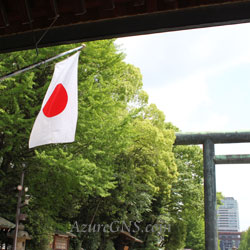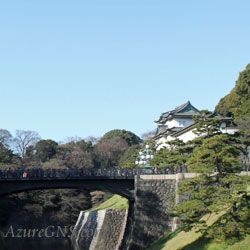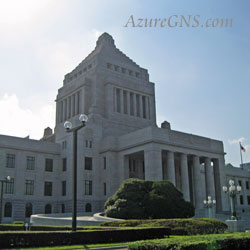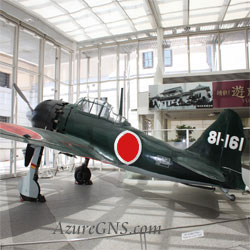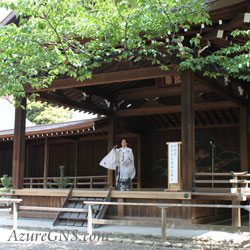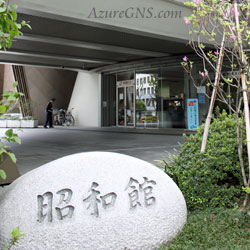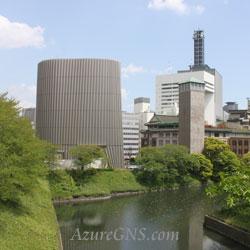国民の祝日
(4月29日)
National Holiday Showa-no-hi
The Showa Day
(April 29th)
●昭和の日 Showa-no-hi; the Showa Day
●天皇陛下 the Emperor; His Majesty the Emperor; His (Imperial) Majesty; Mikado
●天皇誕生日 the Emperor’s Birthday
●みどりの日 Midori-no-hi; the Greenery Day
●ゴールデンウィーク the Golden Week
●式典 ceremony
●講演 lecture
●高度経済成長期 the era of high economic growth
●ノスタルジー nostalgia
●第二次世界大戦 World War ll; the Second World War; WWll
●敗戦 defeat (in the war)
◆4月29日は昭和天皇の誕生日で、在位中の1926年(昭和元年)から1989年(昭和64年)は国民の祝日でした。
April 29th is the Emperor Showa’s Birthday, and it was a national holiday during his reign, from 1926 (Showa 1st yr) to 1989 (Showa 64th yr).
◆1989年(昭和64年)の昭和天皇がご逝去しました。
In 1989 (Showa 64th yr), the Emperor Showa passed away.
◆今上天皇が即位した後は、国民の祝日である天皇誕生日は12月23日になりました。
The Emperor’s birthday, a national holiday, has been celebrated on December 23rd since the current Emperor succeeded to the throne.
◆4月29日はゴールデンウィークのスタートの日として定着していたので、政府は引き続き祝日にすることにしました。
April 29th had stayed as a holiday because Golden Week starts with this day, so the government decided to continue to keep it a holiday.
◆昭和にちなんだ国民の祝日として存続させる案が出ましたが、国会で廃案になりました。
There was a bill that the day would remain a holiday related to the Showa period, but the bill was rejected in the Diet (the Japanese Congress).
◆しかしながら昭和天皇は自然を愛され、生物学や植物学に造詣が深かったので、4月29日をみどりの日という国民の祝日に制定しました。
However, the Emperor Showa loved nature, and was very knowledgeable in biology and botany, so April 29th was changed to Midori-no-hi, the Greenery Day, as a national holiday.
◆その後もその日を昭和の記念日にしようとする運動が続き、ついに2007年(平成19年)に昭和の日が制定されました。
The movement to make the day a memorial holiday of the Showa period had continued, and finally Showa-no-hi was established in 2007 (Heisei 19th yr).
◆この国民の休日の趣旨は「感動の日々を経て、復興を遂げた昭和時代を顧み、国の将来に思いをいたす」です。
The purpose of this national holiday is “to consider the future of Japan by reflecting the Showa Period of reconstruction through days of impressive achievements”.
◆第二次世界大戦敗戦後、日本人は貧困と飢餓の中復興に努め、高度経済成長期を経て経済大国になったことを誇りに思う日です。
The Japanese are proud that they tried very hard to reconstruct the country in spite of poverty and starvation after the defeat in World War II, and Japan became an economic power after the era of high economic growth on this day.
◆それと同時に悲劇を繰り返さない為にも、日本人が第二次世界大戦を振り返り反省する日でもあります。
At the same time, Japanese people reflect on World War ll and feel sorry, so that they should not experience the same tragedy again.
◆昭和の日を祝うため、各地で講演会、コンサート、日本舞踊、狂言などが行われます。
Various events such as lectures, classical Japanese dance and Kyogen plays (a traditional Japanese one-act comedy which consists of dialogues and monologues) are held throughout Japan to celebrate Showa-no-hi.
◆上賀茂神社、明治神宮、靖国神社など多くの神社で祝賀式典が行われます。
Celebration ceremonies are held in the Kamigamo Shrine, the Meiji Shrine, the Yasukuni Shrine and many others.
◆その日は東京都千代田区の昭和館や立川市の国立昭和記念公園の入場料が無料になります。
Showa-kan (the National Showa Memorial Museum) in Chiyoda Ward, Tokyo and Showa Kinen Park (Showa Commemorative National Government Park) in Tachikawa City are free of charge on that day.
(より詳しい情報は「我が家の昭和の日」をご覧下さい。)
(Please see ‘Our Showa Day Experience‘.)
Copyright (C) Azure Global Network Services. All Rights Reserved.
